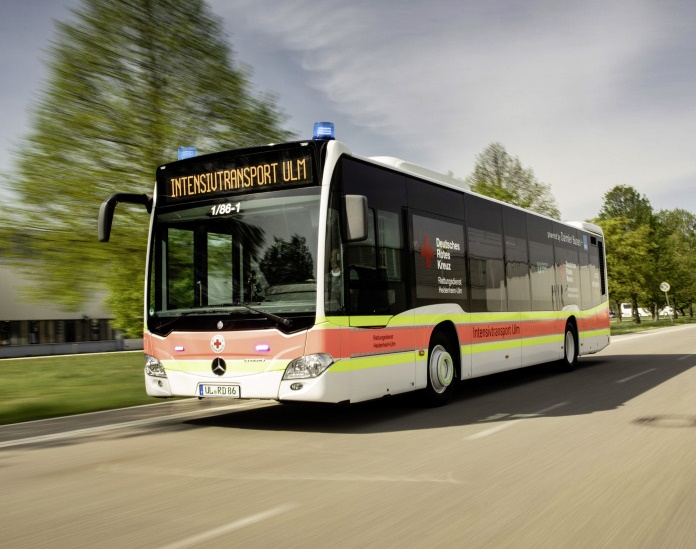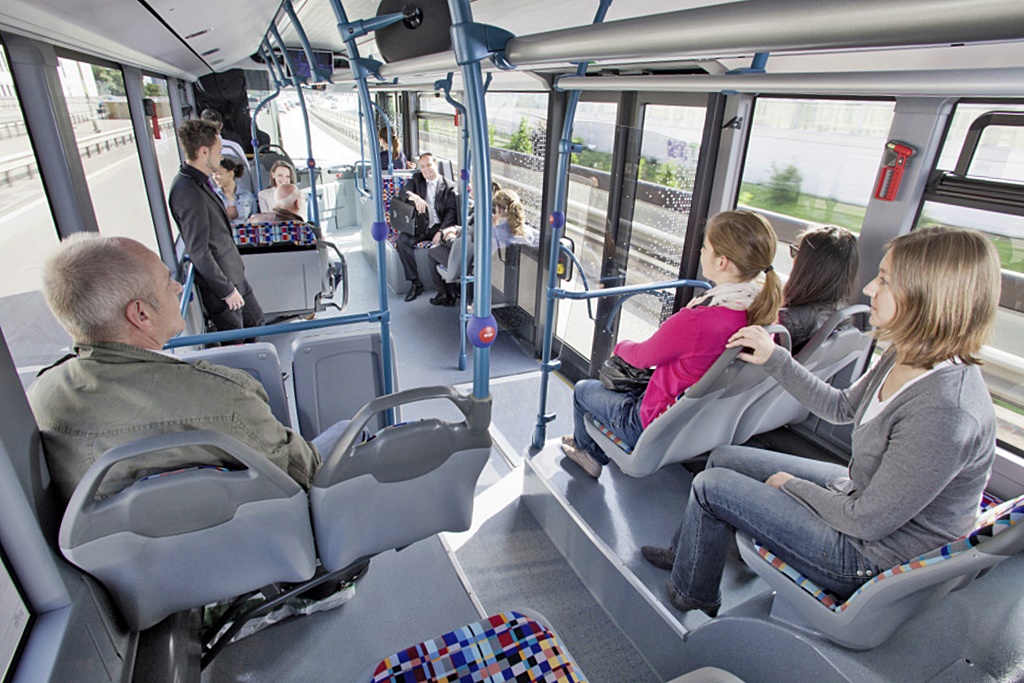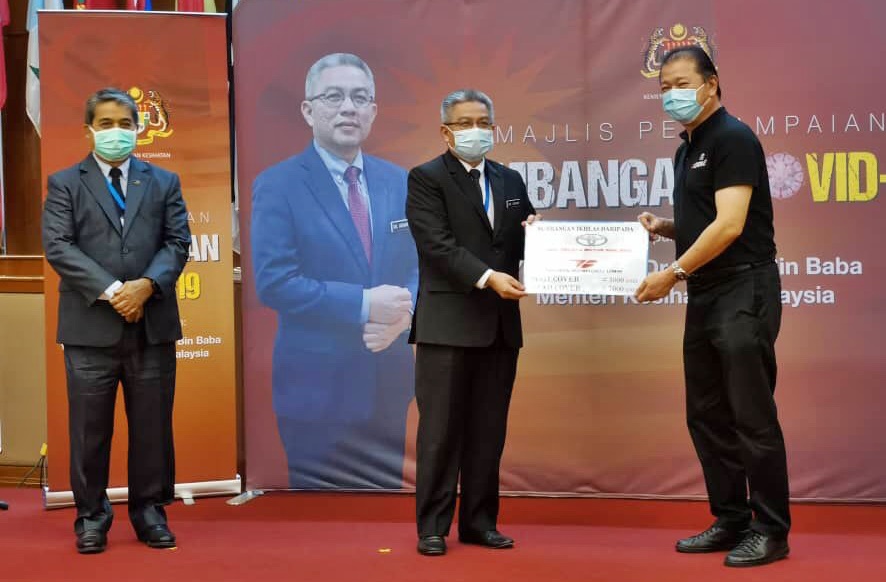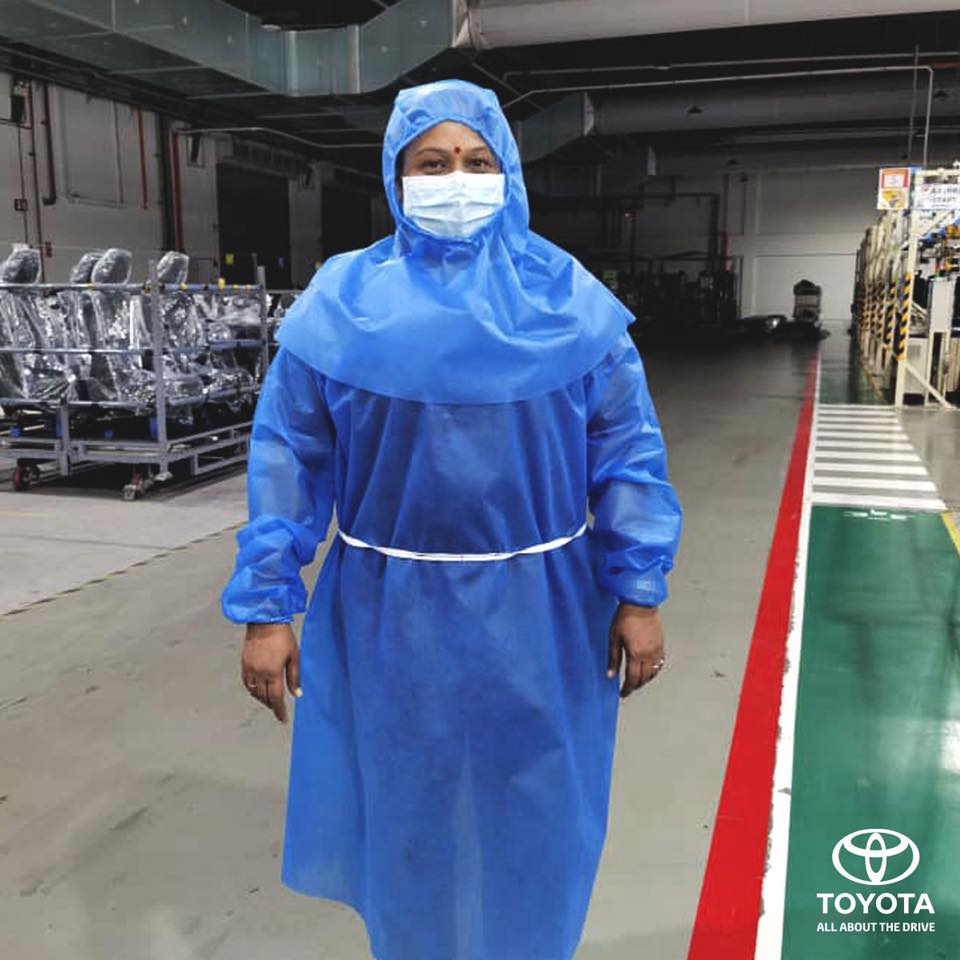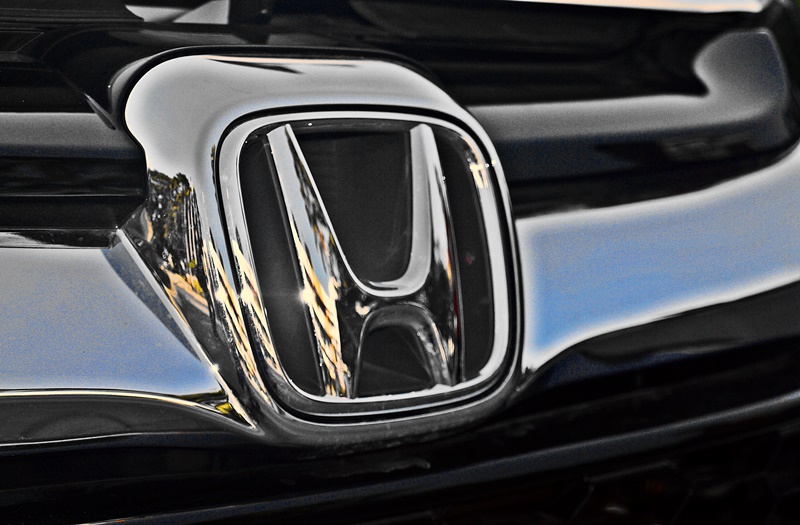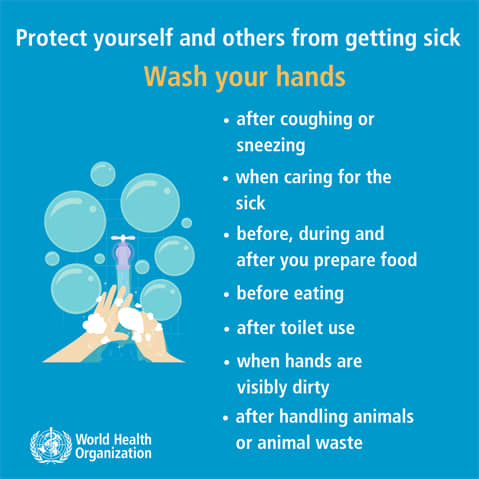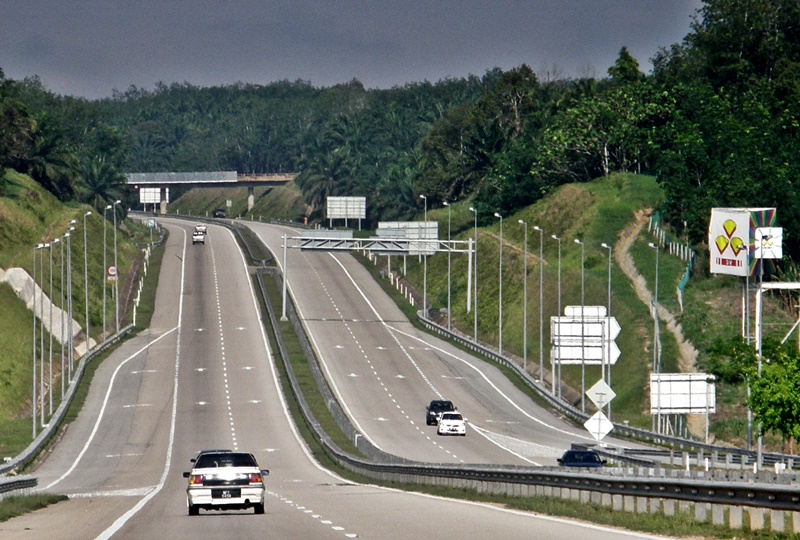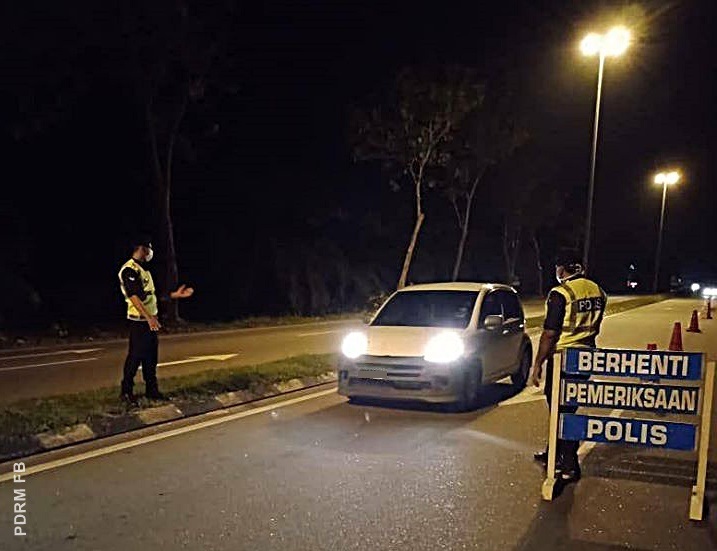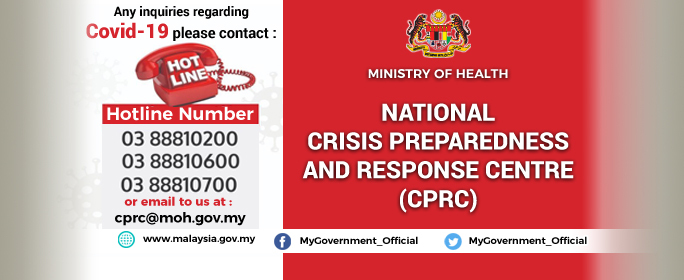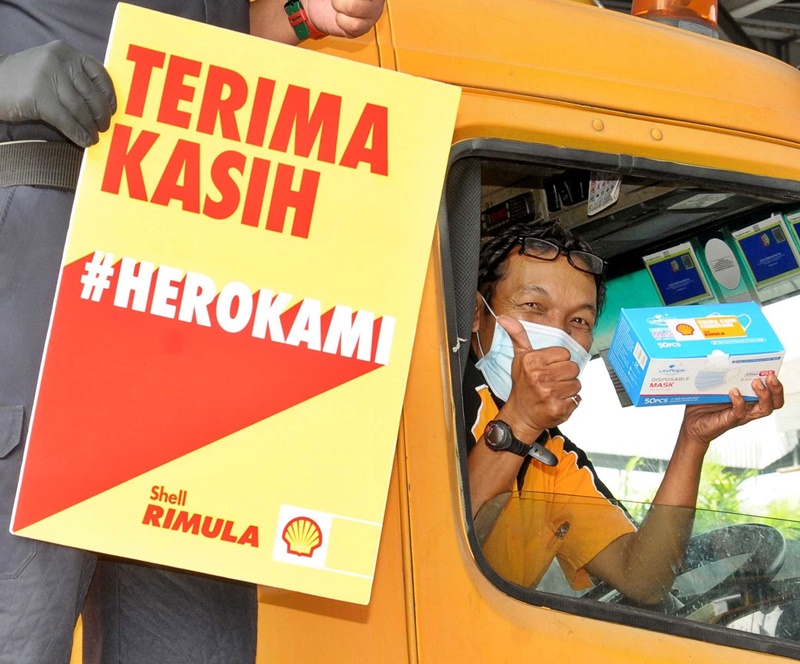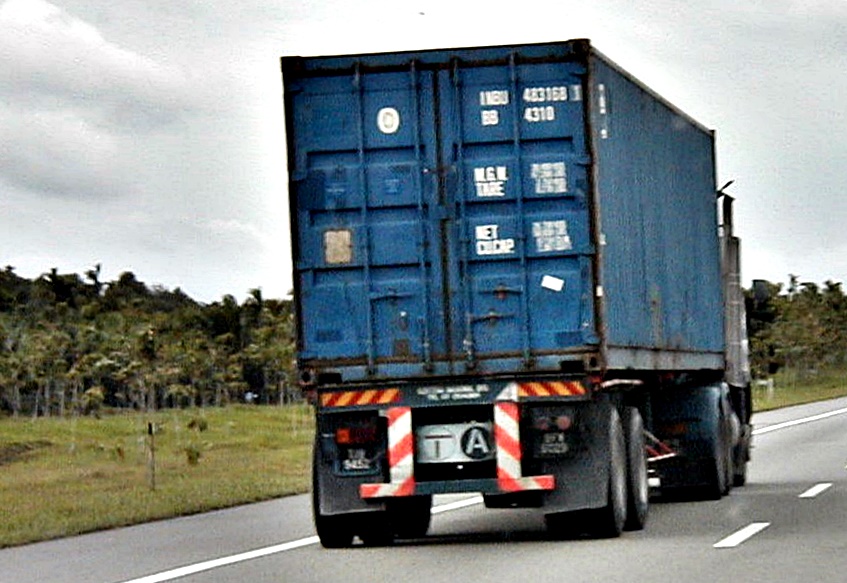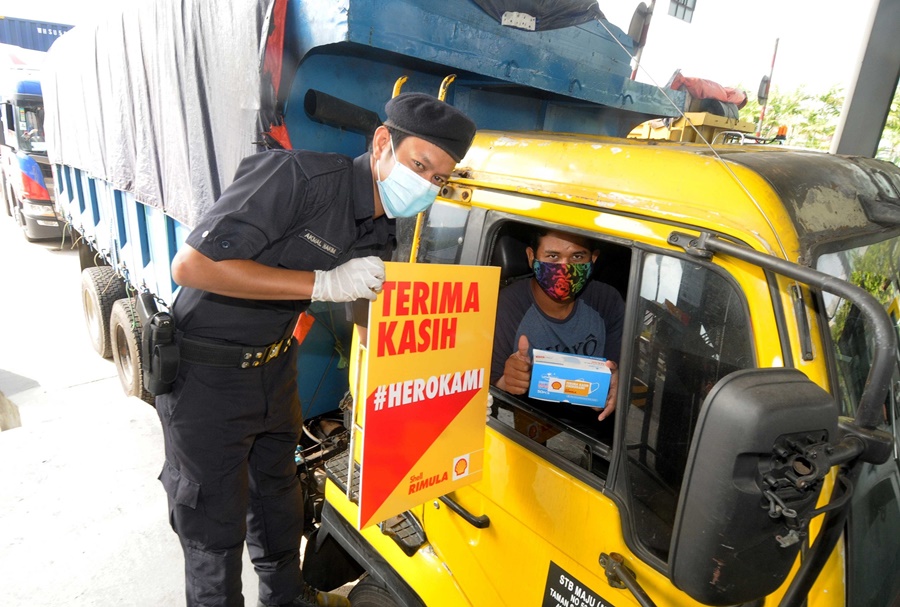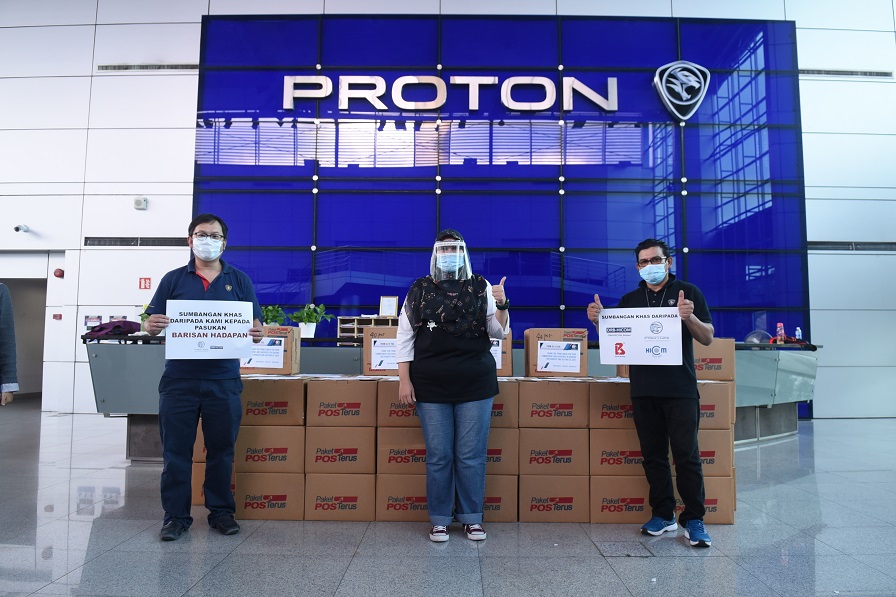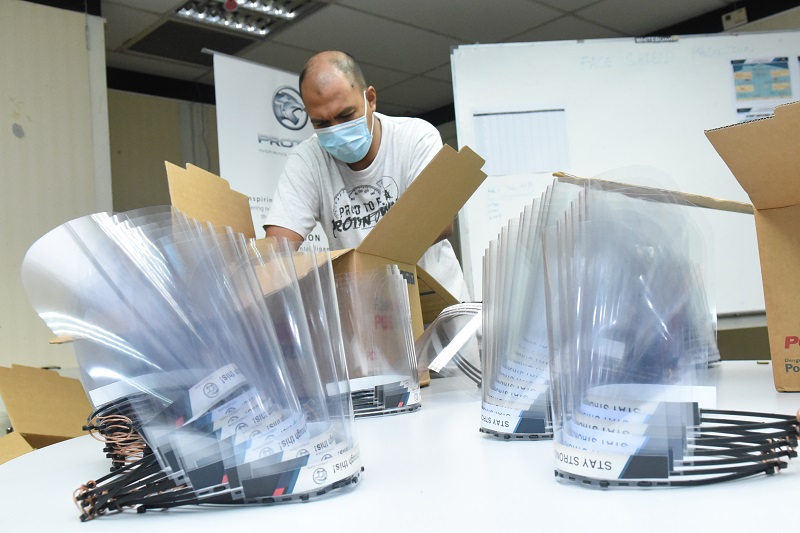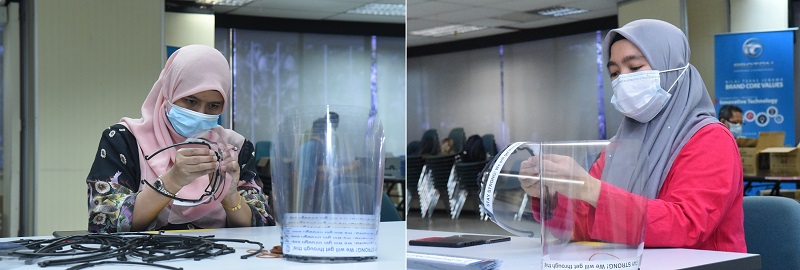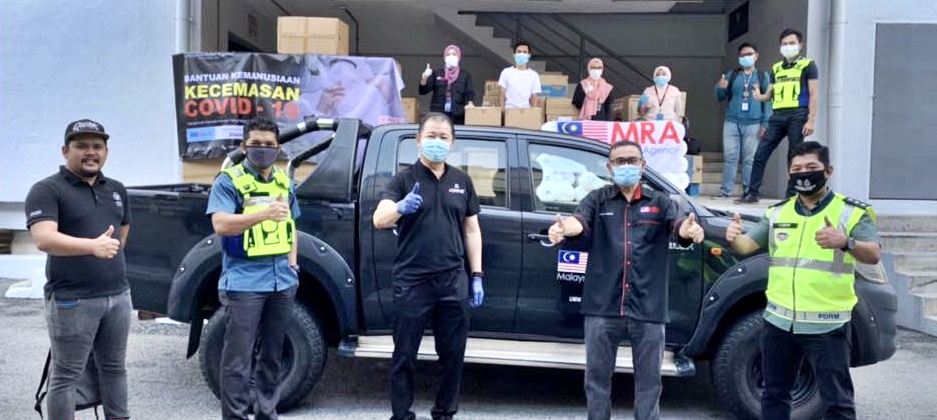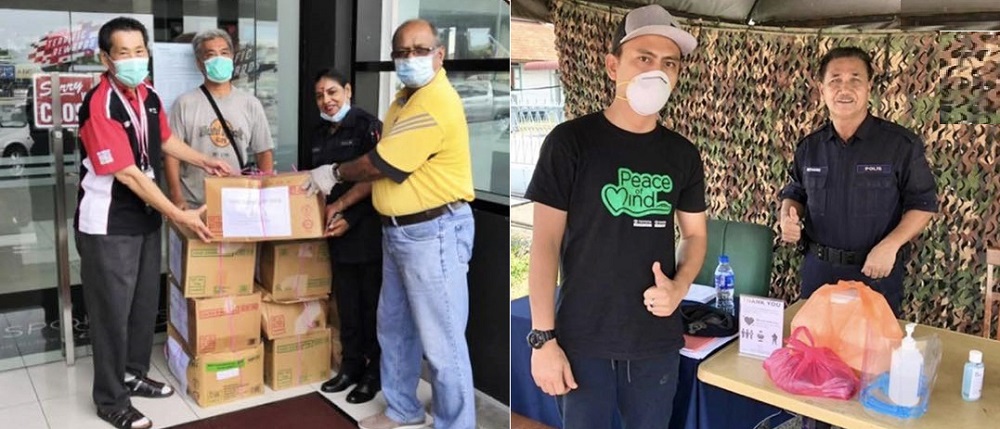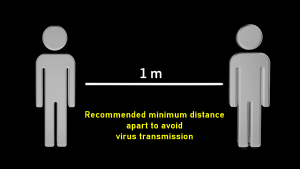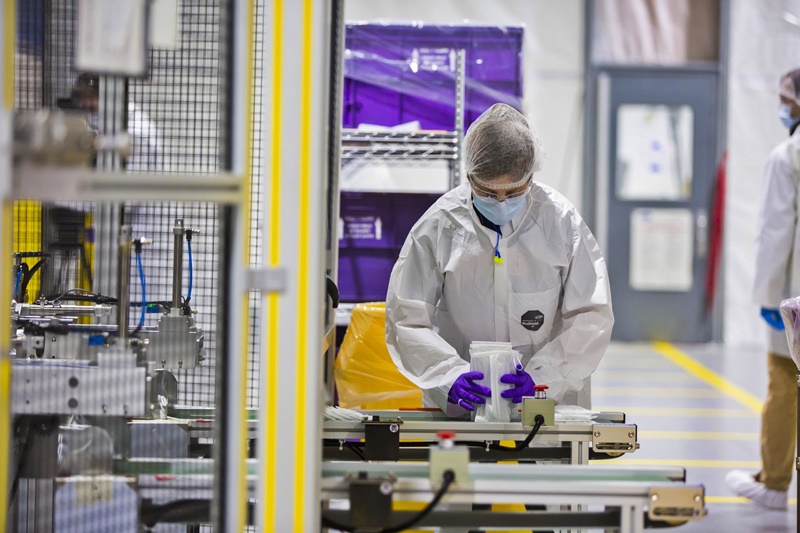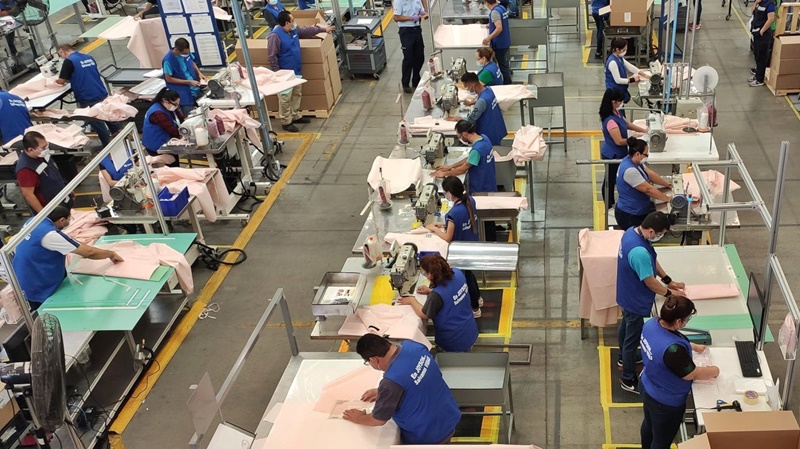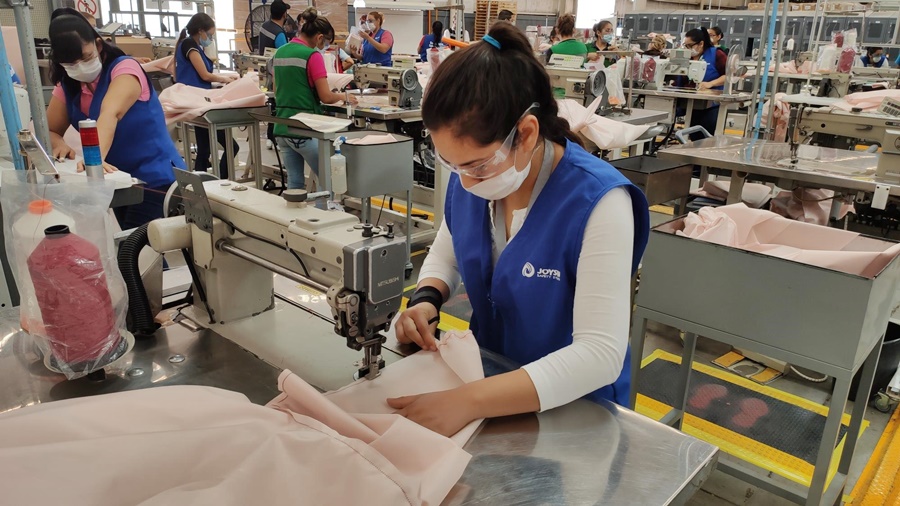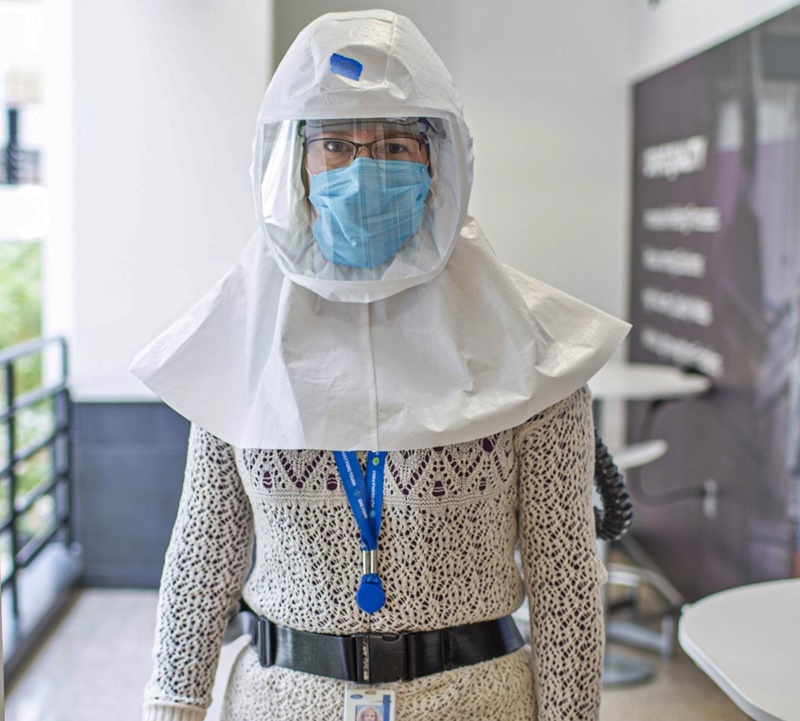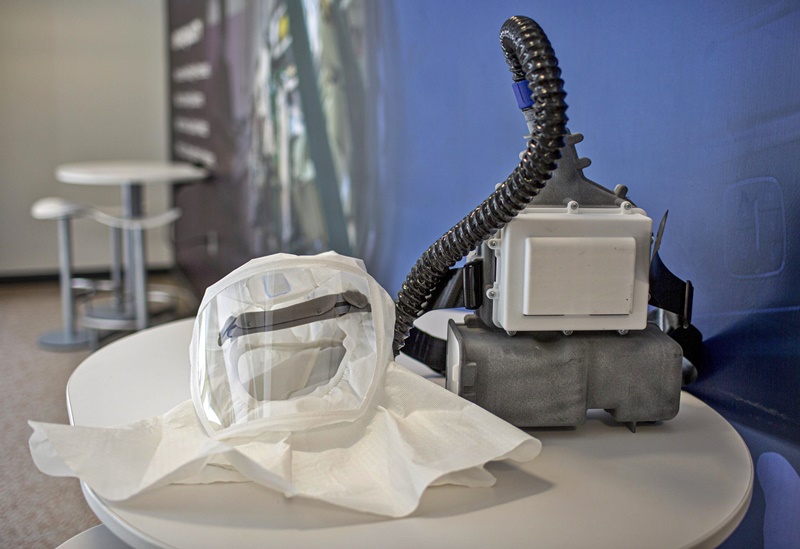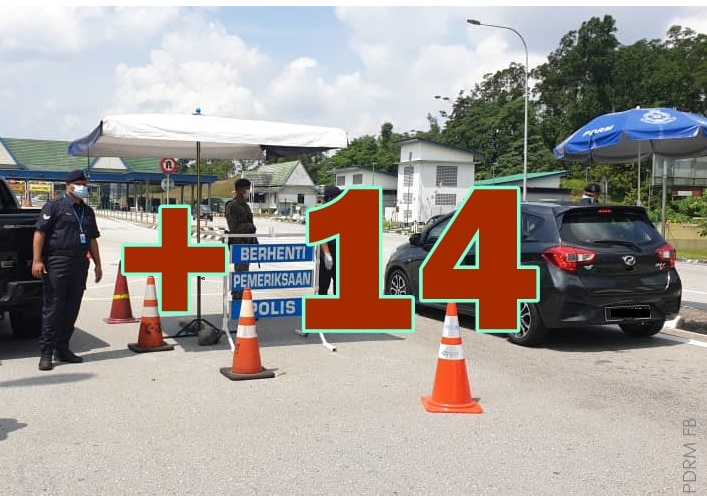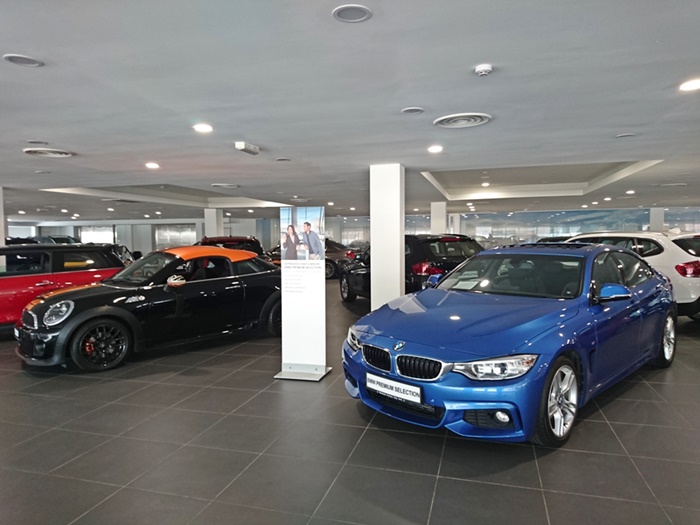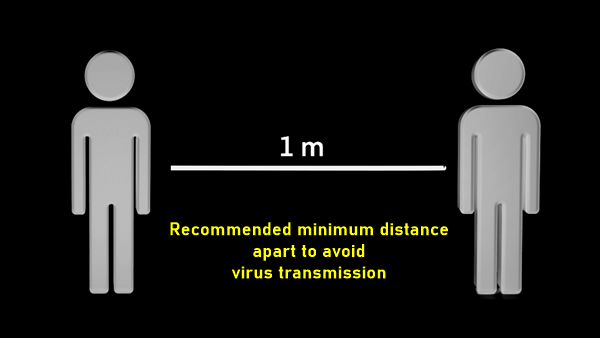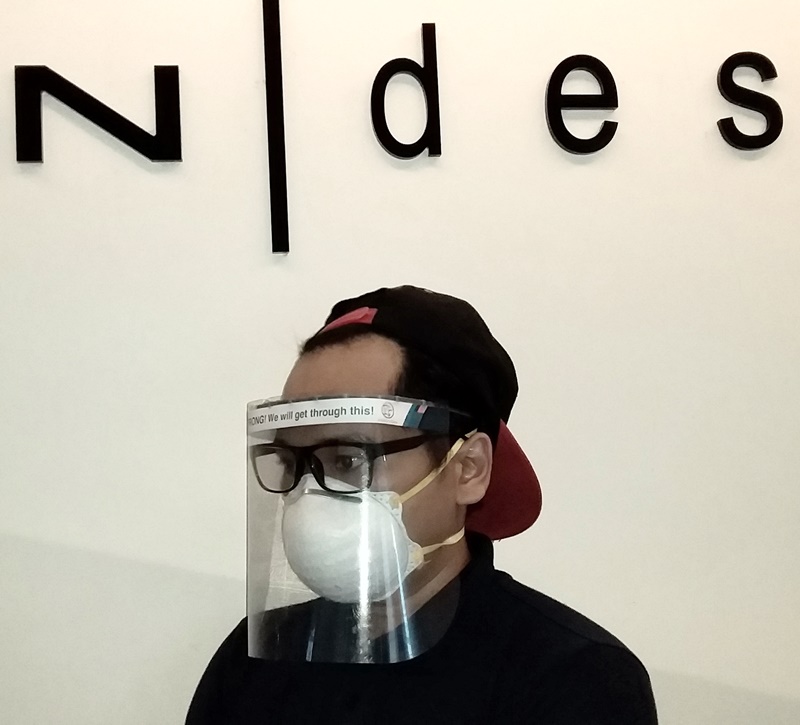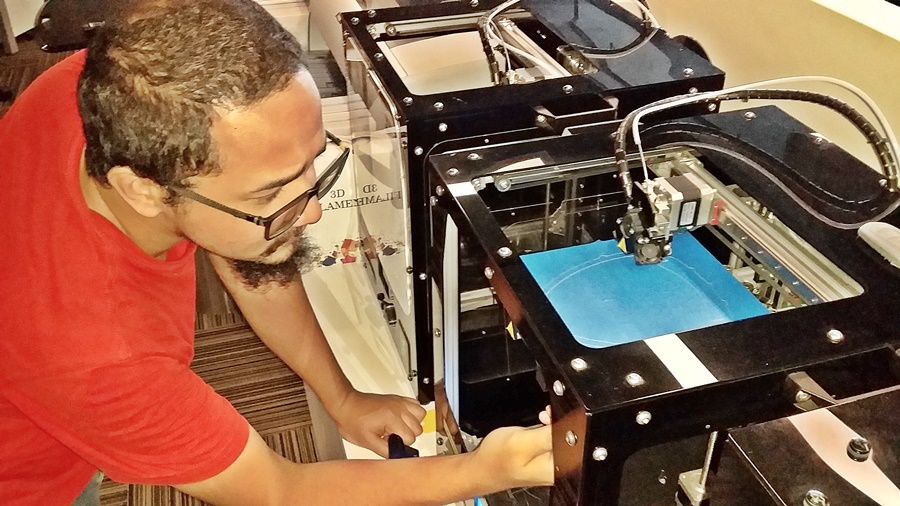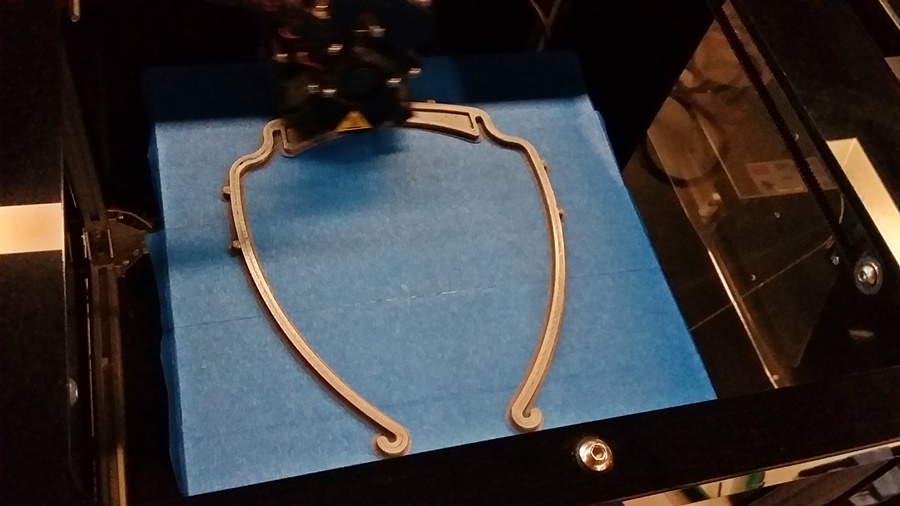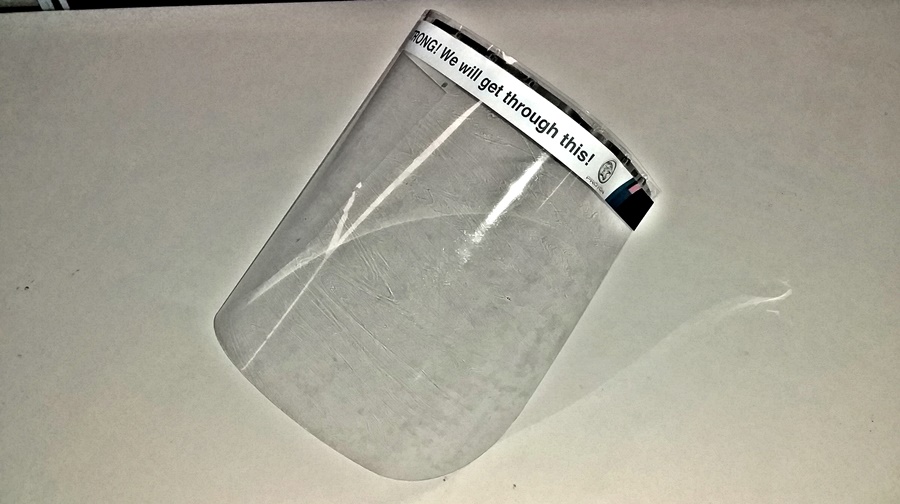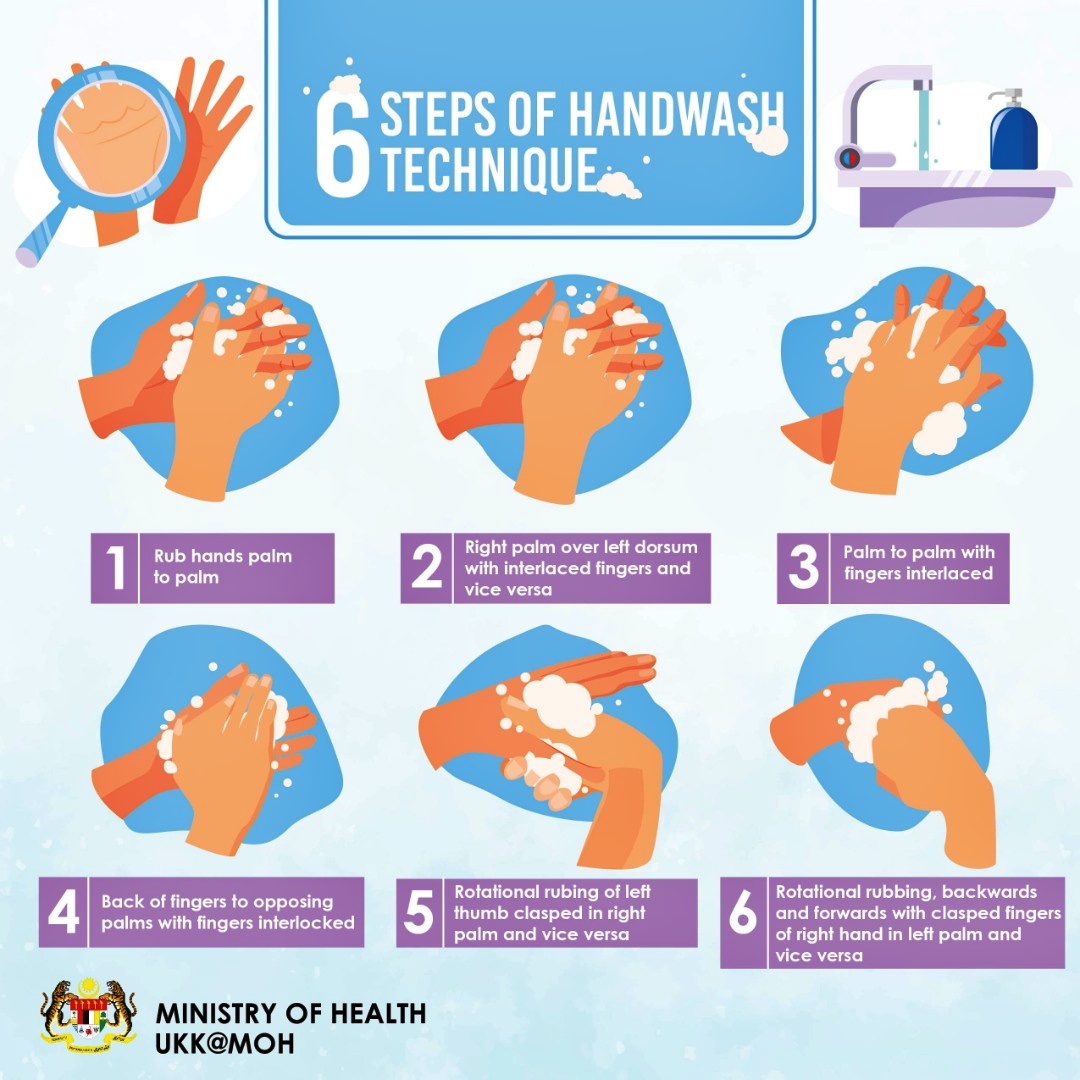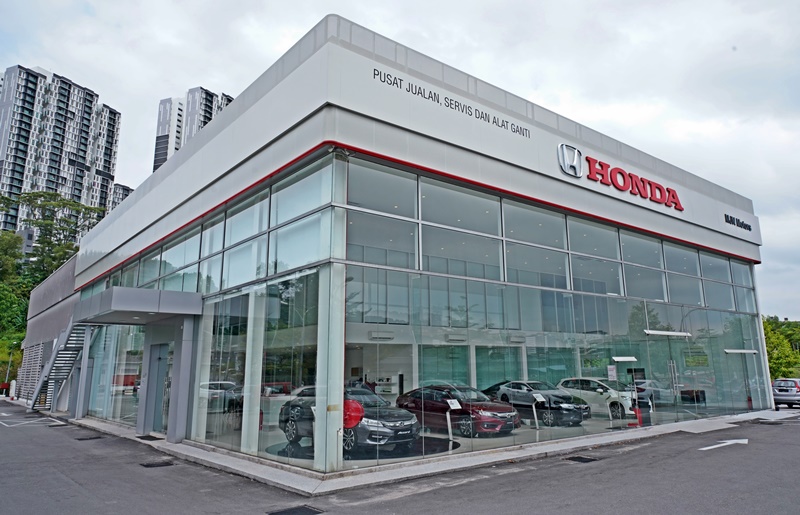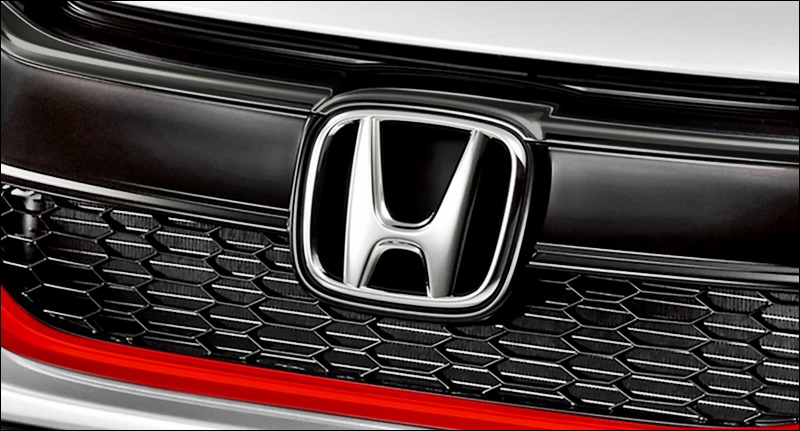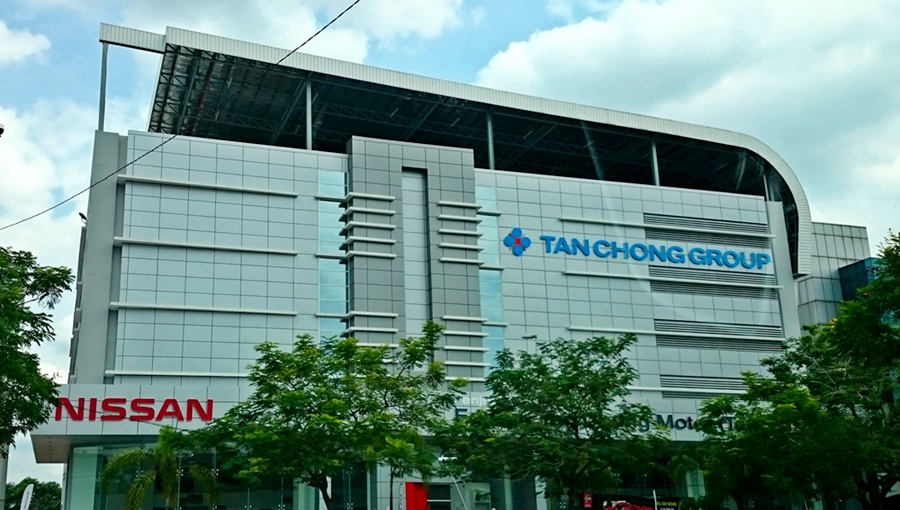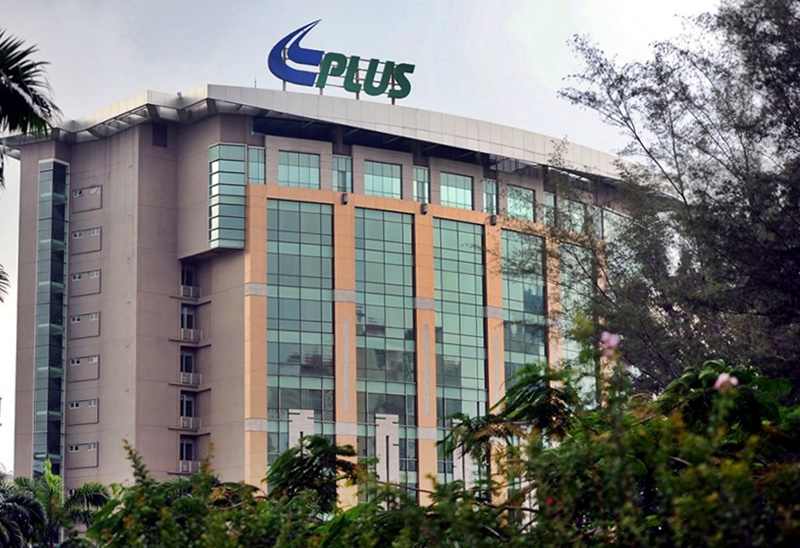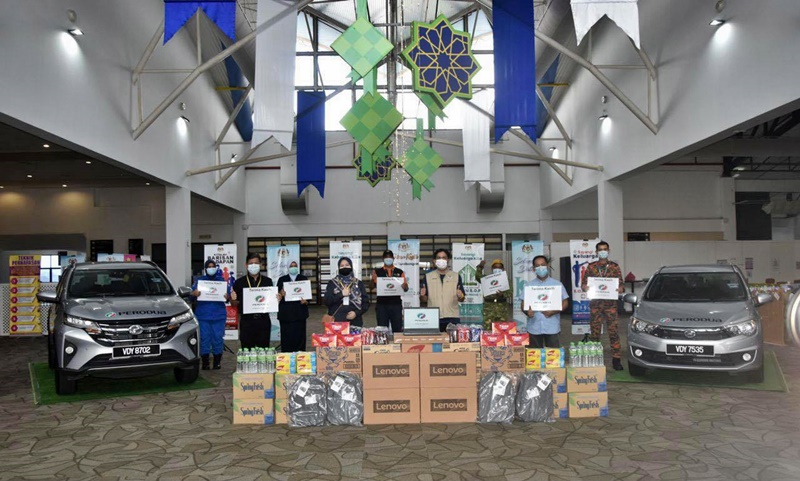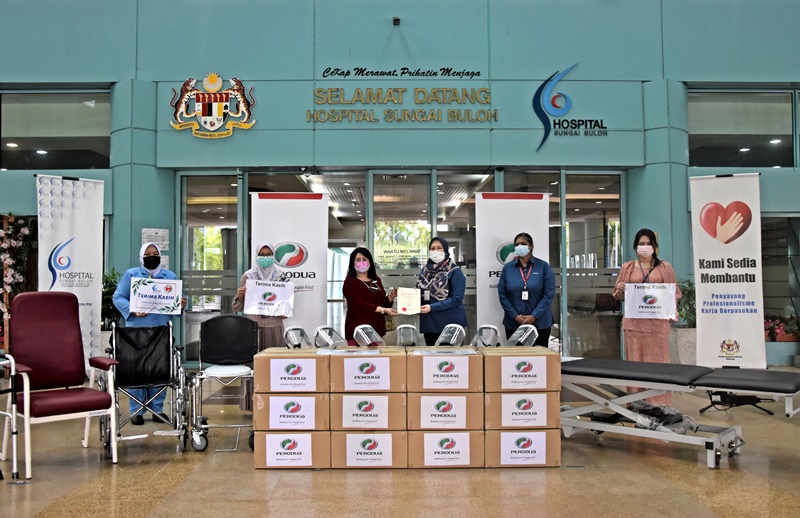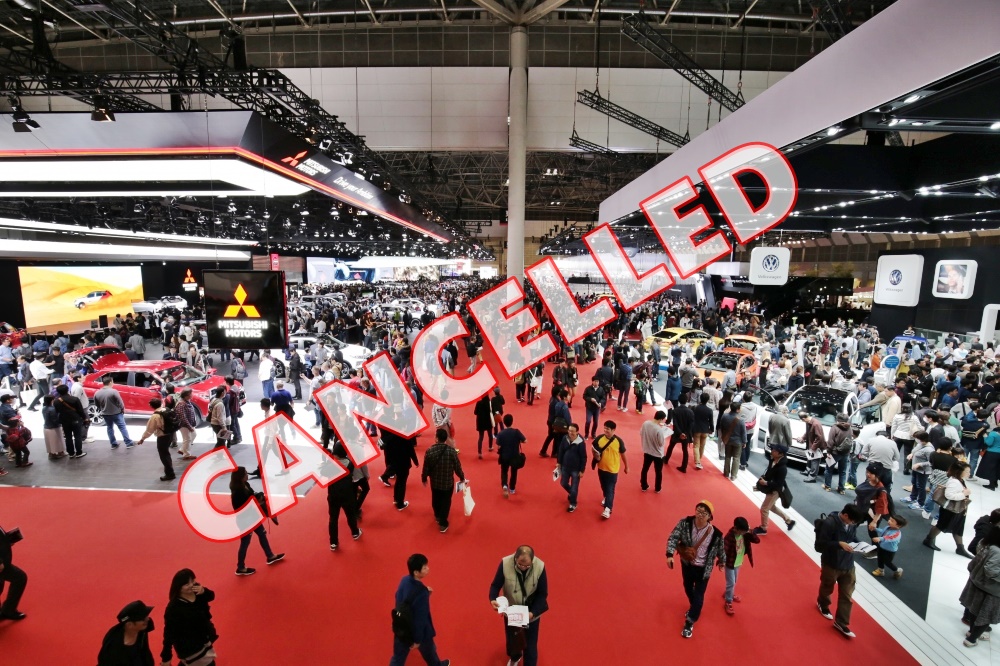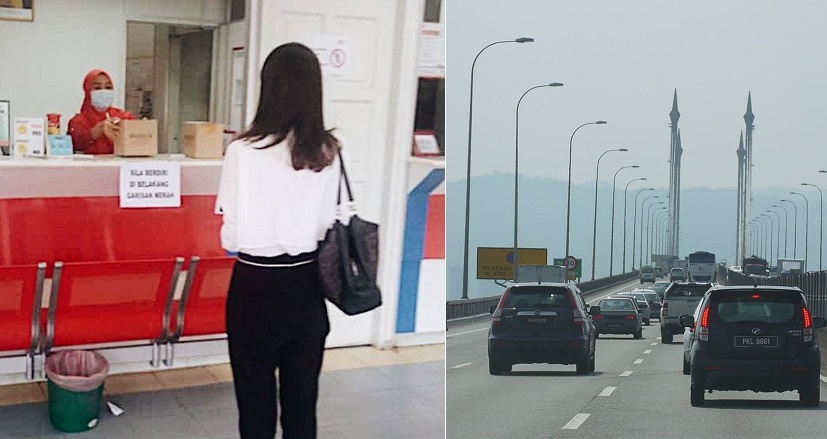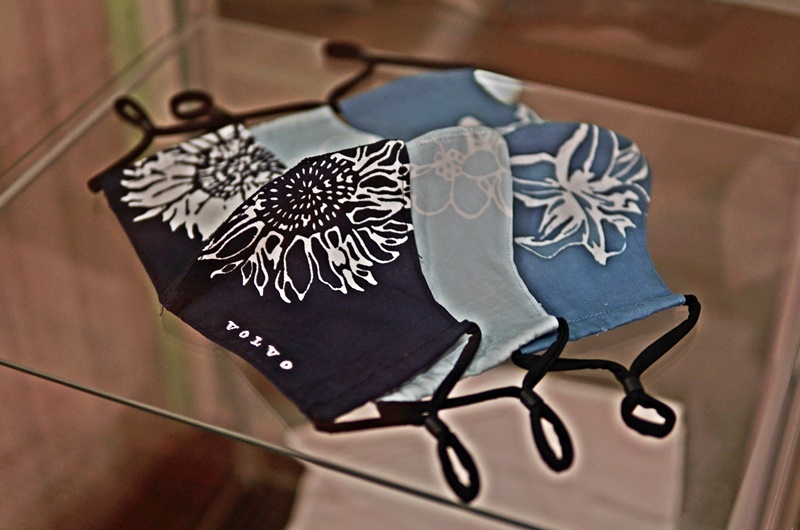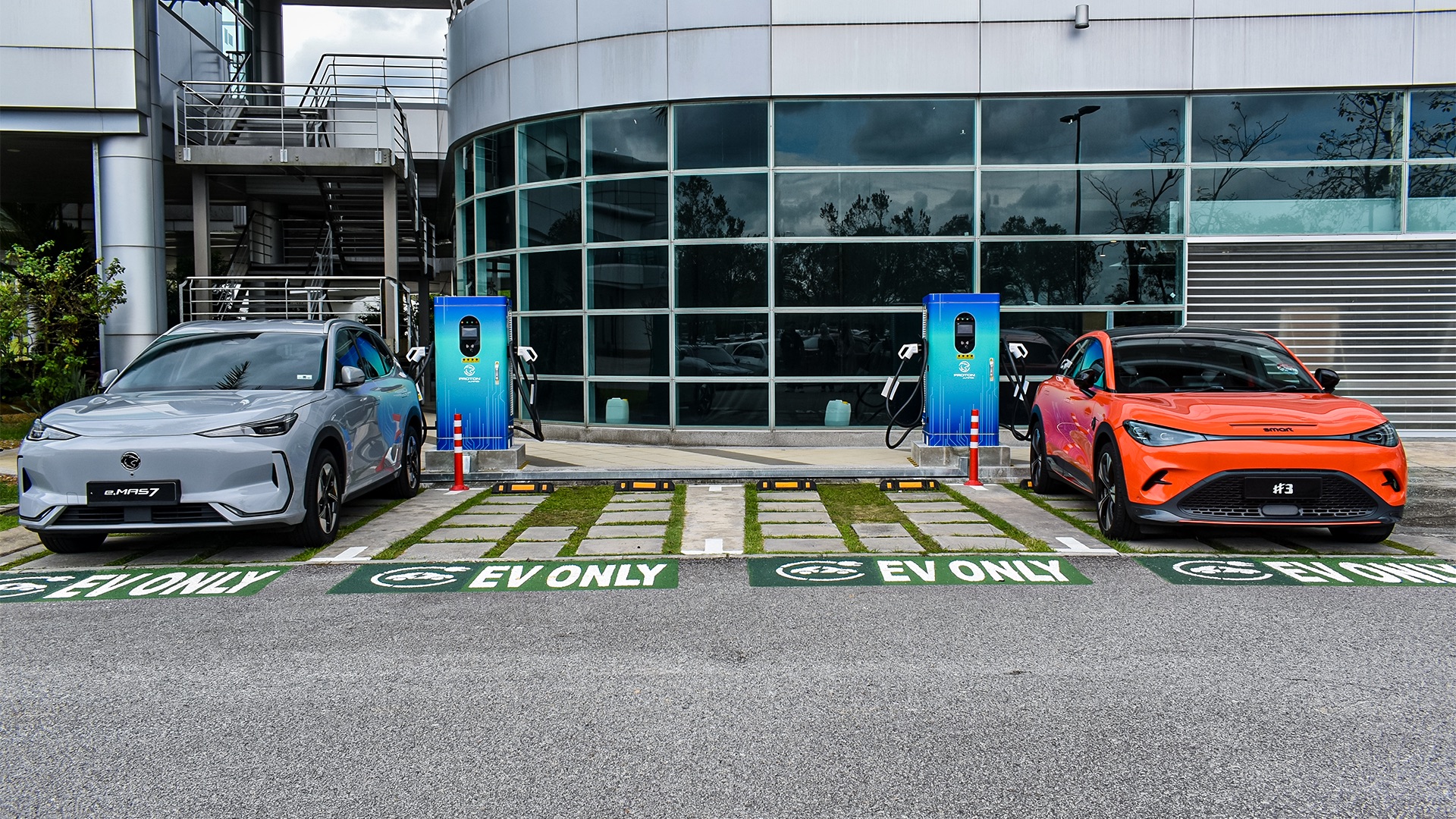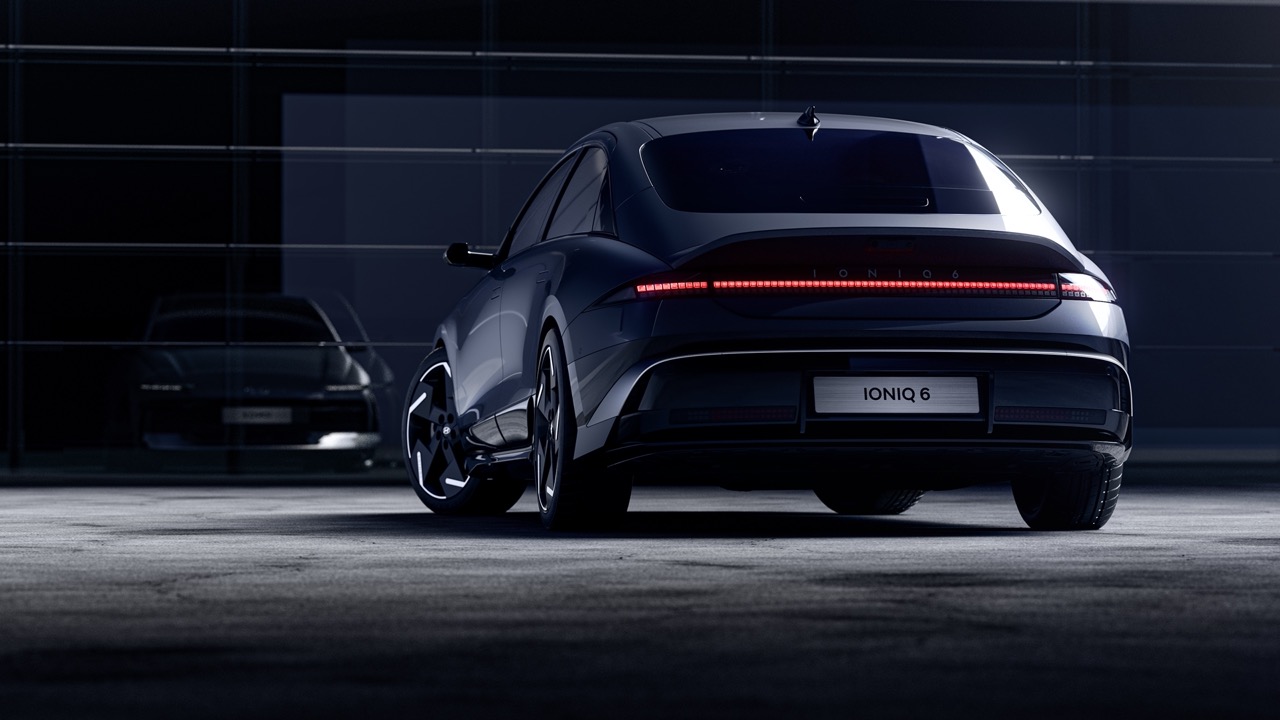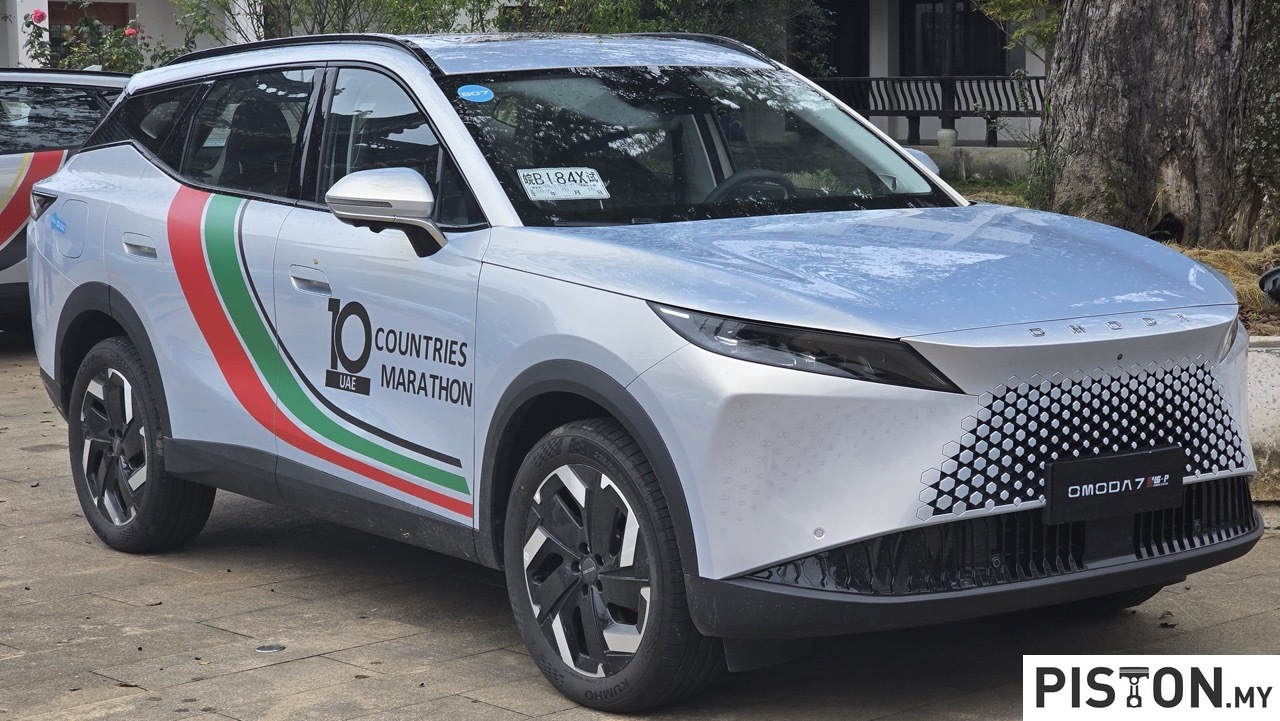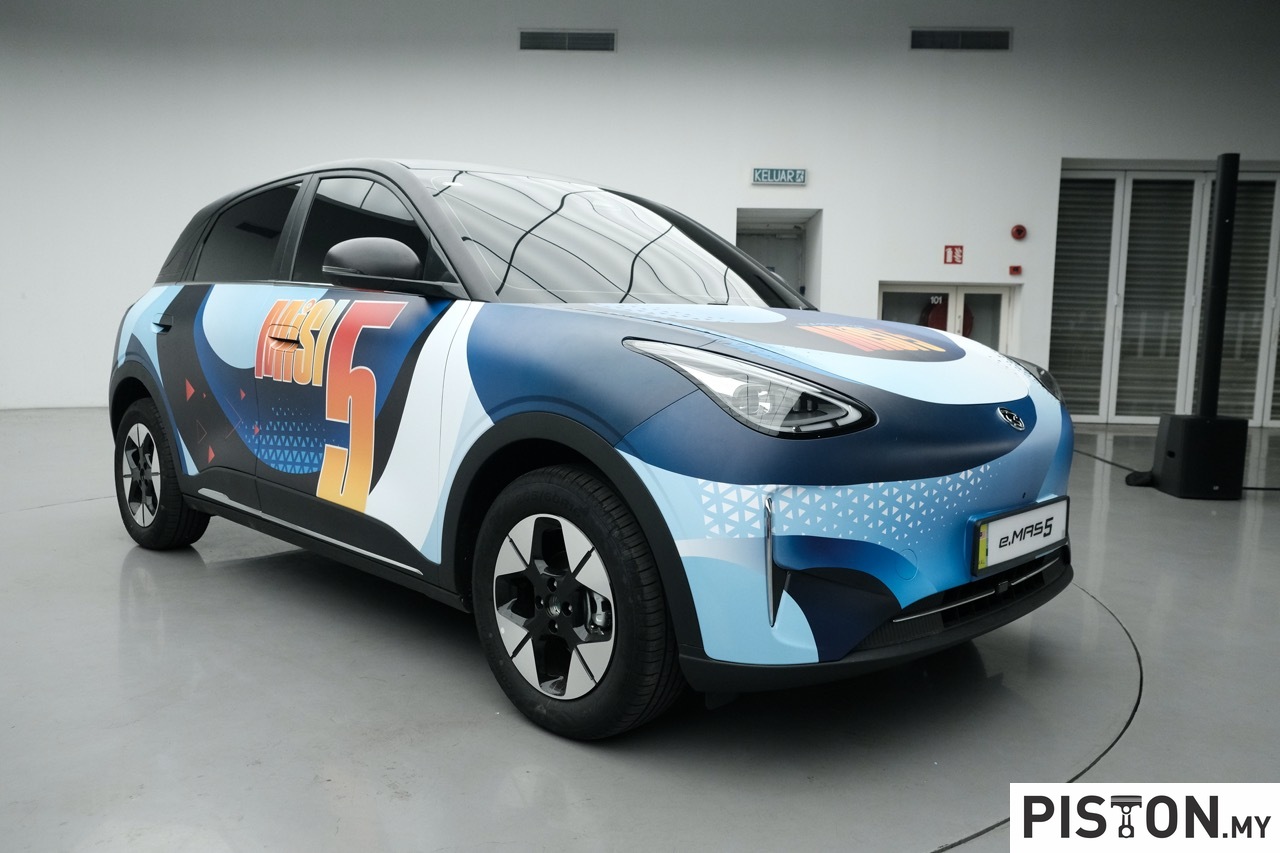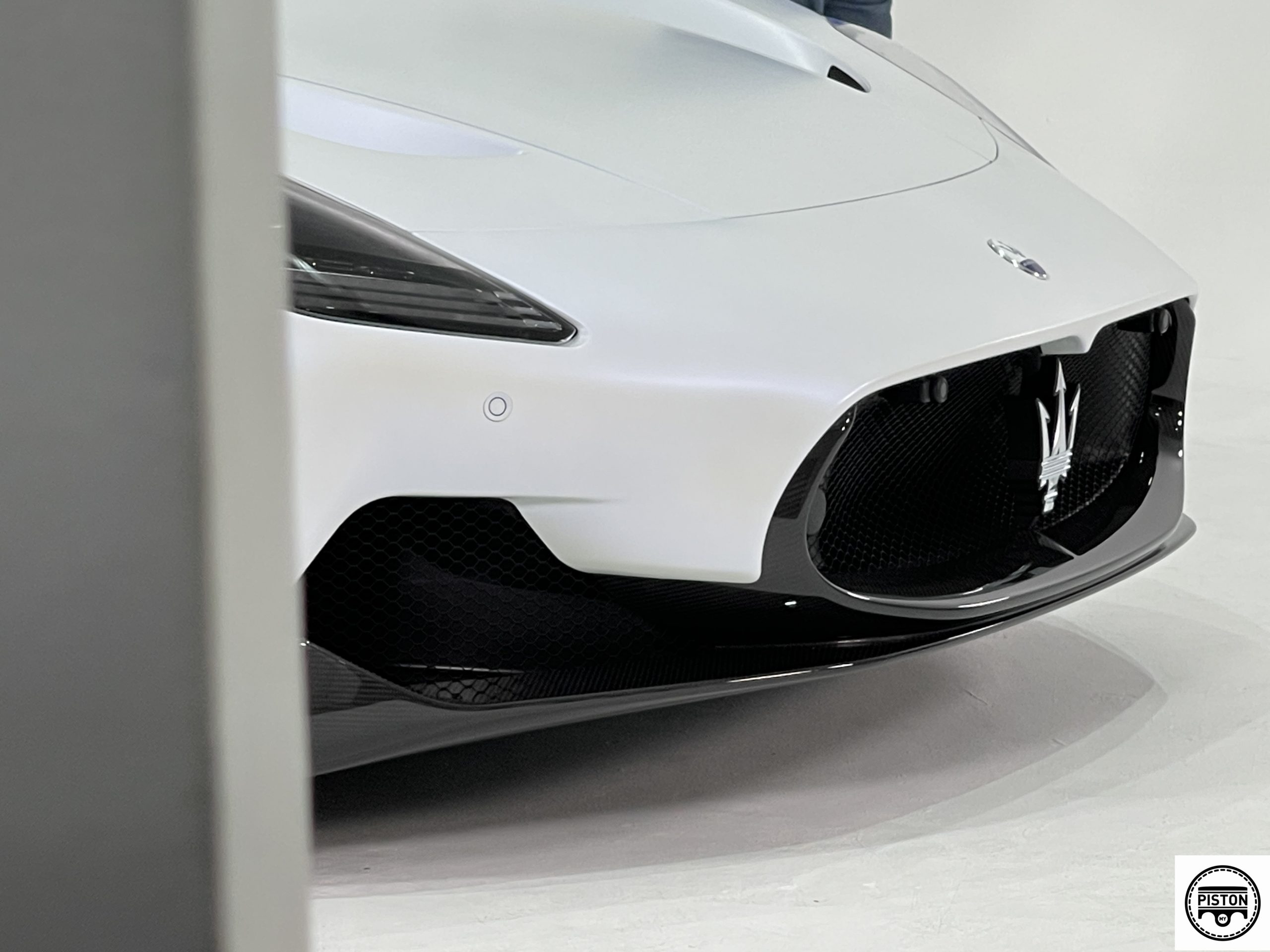The COVID-19 virus is highly contagious, which is why people need to protect themselves with face masks and stand 1 metre (or more) apart so as not to be infected by others. Washing hands has always been important, even more so now as the virus can be present on surfaces that are touched and picked up by the hands.
For healthcare personnel who have to assist and treat infected patients, the risks are therefore great and they need to wear Personal Protective Equipment (PPE) that effectively seals their body. You would have seen pictures of personnel wearing such equipment in news reports.
You would also have seen that in most cases, the vehicles used to transport patients or those who have to go to quarantine locations are essentially ambulances or vans. The ambulances would have been equipped and configured for medical purposes but the vans may just be as they are. Okay for normal situations but with this virus, extra measures need to be taken to protect the other occupants as well (bearing in mind they have to wear the PPE in a tight space).
Some carmakers have modified their vans with such new requirements in mind and in Germany, Daimler Buses has even converted an inter-city bus into a special vehicle for the transfer of COVID-19 patients. Its Citaro model, now the largest intensive care ambulance in Germany, is to be used by the German Red Cross Emergency Medical Services in the city of Heidenheim-Ulm.
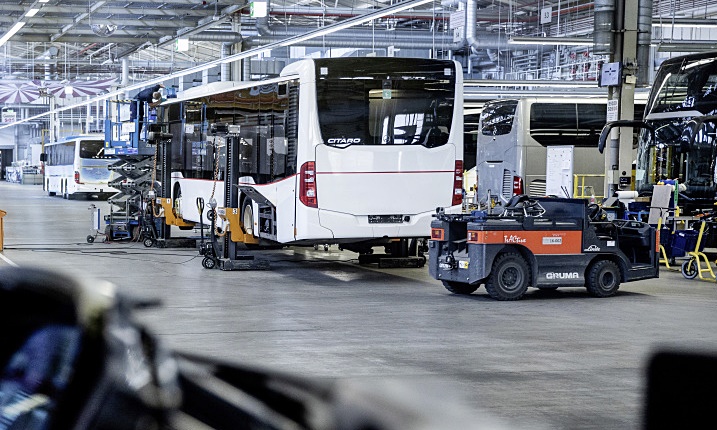
The vehicle is on loan, initially available to the German Red Cross (DRK) for a period of 6 months. The joint project is supported by the University Hospital in Ulm which is providing the specialized medical staff. A public utility company is also involved in the project and is providing drivers and maintenance personnel.
“Among other professions, it is currently the staff in hospitals and care facilities who are working steadfastly and who particularly deserve our respect. Therefore, I am delighted that we are able to support the DRK by supplying transportation capacity. As a bus manufacturer, we want to contribute to the fight against the COVID-19 pandemic at a local level. A diverse range of activities at the Neu-Ulm plant show that there are good initiatives and strategies from our colleagues even now,” Till Oberworder, Head of Daimler Buses said.
From idea to implementation
David Richter, MD of the German Red Cross Emergency Medical Services Heidenheim-Ulm, had the idea of converting a bus in response to the need to increase intensive care transportation capacities, now necessary in many places. Daimler Buses was able to pledge its fast and uncomplicated support. Within a few days, a demonstration vehicle from Daimler Buses was presented for conversion. A team of 12 employees from bus production converted the bus to a high-capacity critical care ambulance in just 15 working days.
“Something that normally would take months and years was implemented within a few weeks together with Daimler Buses in an exemplary fashion. And this is not just a bus but an efficient transportation and relief concept. In my opinion, this is only possible with such a transportation capacity,” noted Professor Kuhlmuss, District Medical Officer for DRK-Rettungsdienst.
Equipped for new functions
The standard Citaro is an inter-city bus with 45 seats and standing room for 40 persons. The special unit used by the DRK is equipped with 4 complete intensive care beds for its new function. This gives the organisation the ability to react fast and transport intensive care patients to other hospitals if necessary. The journeys are supervised by 2 intensive-care doctors and 3 paramedics along with ambulance officers.
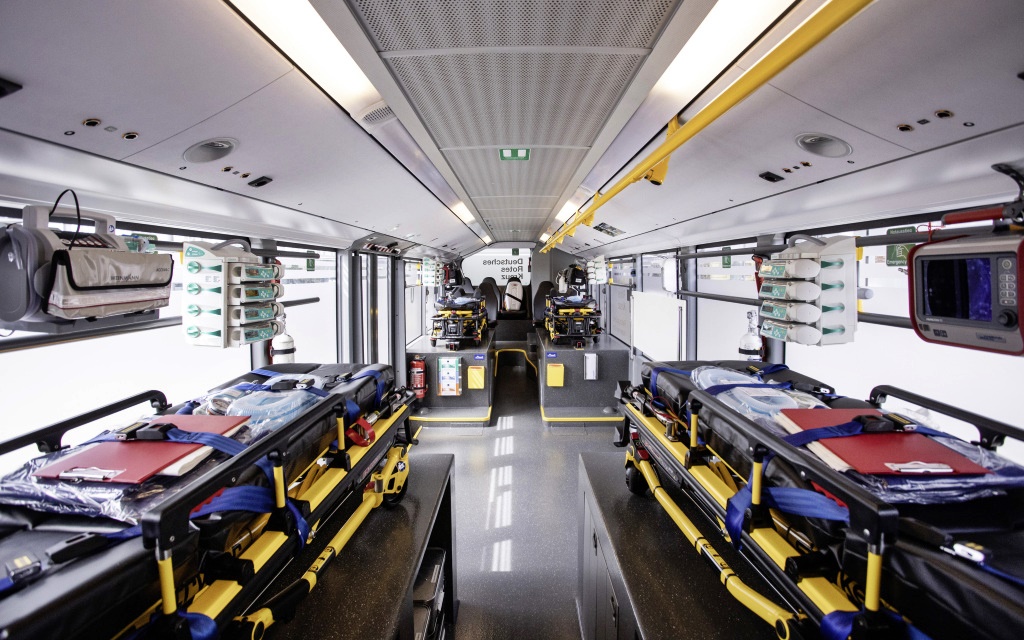
The specialised equipment in the bus includes electrohydraulic wheeled stretchers with a loading system, intensive care ventilators, monitoring screens, a sonography unit and a blood gas analysis device. There’s stowage space for medicines, nursing equipment, additional breathing apparatus and PPE.
Patients can be transported in various positions, while the side windows have been darkened for privacy. The bus has also been equipped with a blue light and a siren.
Hygienically protected cockpit
As the bus is for transporting COVID-19 patients, hygienic demands played an important role during the conversion. For example, a disinfectant sprayer can be used in the patient compartment once transportation is completed. The area for the driver is separated from the patient compartment by a wall and the ventilation system has been converted. As a result, the driver has no contact with the patient areas and won’t be exposed to the risk of infection.

